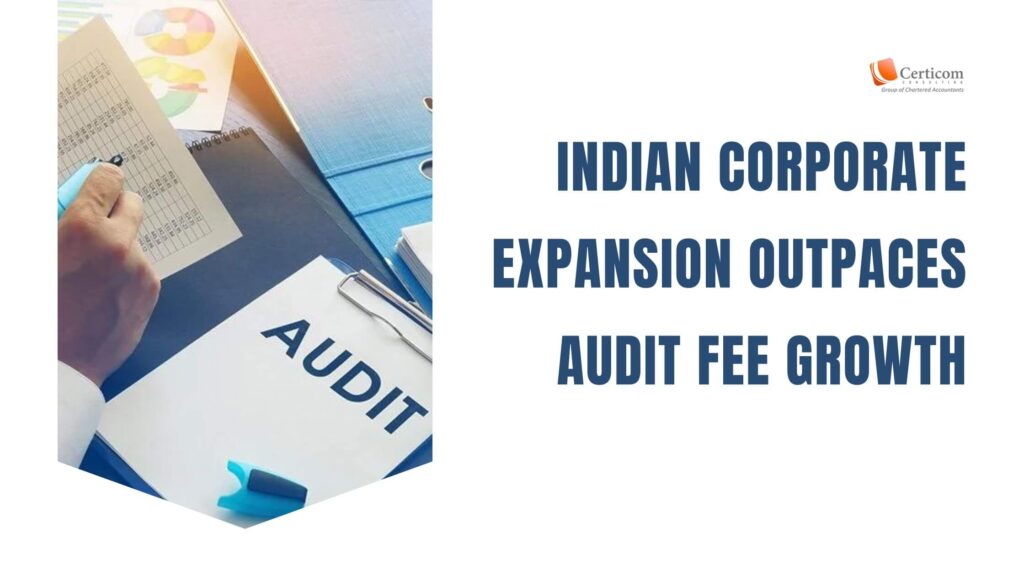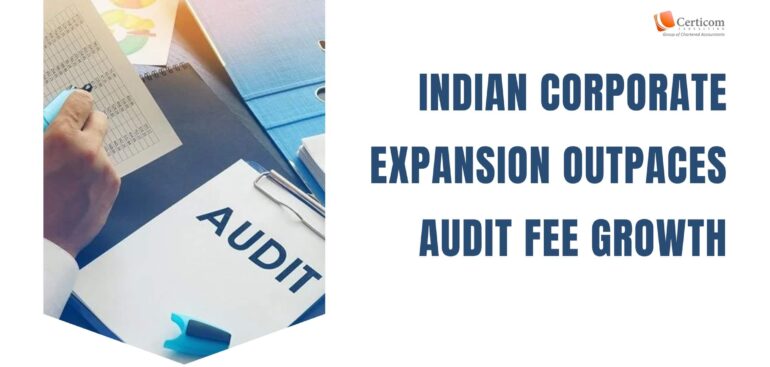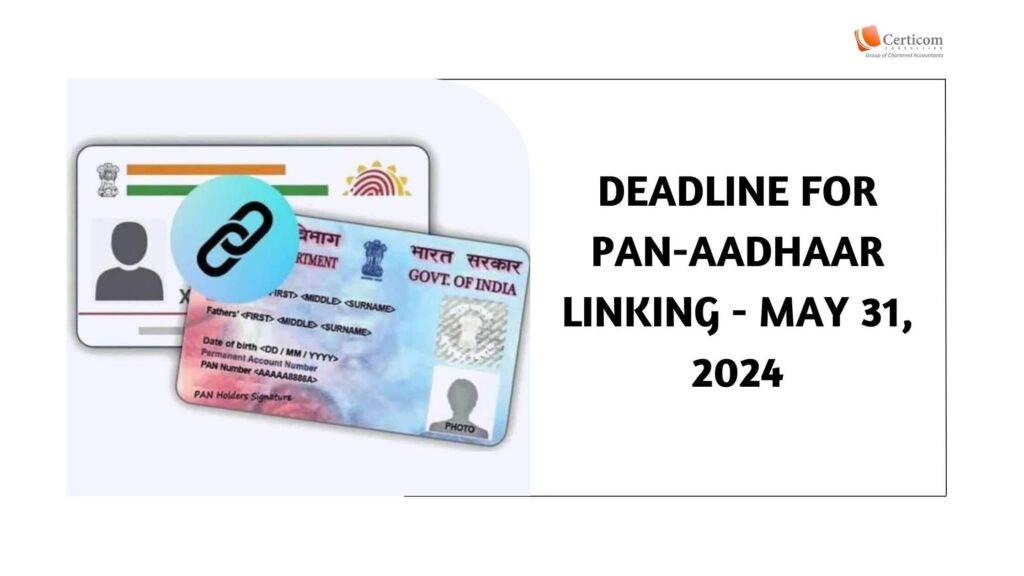The Growth of Audit Fees Trails Behind Corporate Expansion in India
Audit fees see a modest 28% increase amidst heightened scrutiny on auditors, driven by rising talent and organizational expenses.

Companies experienced a modest uptick as they fell short of matching their growth and operational performance. Market capitalization surged by 92.75%, net sales saw an 83.7% rise, and profit after tax (PAT) increased by 126.2%. According to data from Prime Database, audit fees for Nifty 500 companies climbed from ₹1,114 crore in FY18 to ₹1,430 crore in FY23, while for Nifty 50 companies, they rose from ₹404 crore to ₹466 crore.
Despite the marginal increase in audit fees, auditors are facing challenges due to the escalating complexity of business operations, heightened regulatory scrutiny on listed entities, evolving reporting requirements, and rising talent and organizational costs each year.
Audit fees for Nifty 500 increased from ₹1,114 crore in FY18 to ₹1,430 crore in FY23.
One significant factor hindering auditors from negotiating sufficient fees is the mandatory audit rotation mandated by company law every five years. Audit committees and CFOs exploit the competition among firms to limit fee increases. Concurrently, companies are imposing stricter deadlines on auditors to finalize reporting processes, adding to costs and work pressure.
Amidst the dual challenge for Indian businesses of navigating complex regulatory environments and coping with disruptions to achieve stakeholder objectives, trust becomes crucial. If trust forms the foundation of all organizational actions that drive significant outcomes, it should warrant a premium.

Auditors in India are receiving insufficient compensation compared to their counterparts in companies listed on both the NYSE and the Indian stock exchange, despite performing essentially the same tasks.
While expectations placed on auditors are increasing, this isn’t reflected in their audit fees. Delivering a high-quality audit demands several components, including skilled talent, advanced technology, and robust quality management processes. Sustained investment in all these areas is necessary, but the low fee levels pose a challenge. Nevertheless, some companies are defying this trend and are willing to pay a premium to auditors for timely and comprehensive reporting.
Despite the effort, complexity, and risks involved, India ranks among the lowest in terms of audit fees compared to other countries. However, some companies are willing to acknowledge the quality of talent, sector expertise, and technology-driven insights provided by audit firms.
Audit fees in India significantly lag behind those in the US and UK markets. For example, for all listed companies on the FTSE in the UK, the audit fee increased by 75% between 2018 and 2023, demonstrating a compound annual growth rate (CAGR) of 11.82%.
Audit firms are facing growing pressure from clients to decrease billing hours by leveraging technology. However, this poses a dilemma as it requires investment in technology, including software licenses and data storage, which could be challenging given the current fee levels.
Related Post
What Is Inheritance Tax
Deadline for PAN-Aadhaar Linking – May 31, 2024
Understanding Form 10F: Purpose, Scope, and Mandatory Conditions
Book A One To One Consultation Now For FREE
How can we help? *










